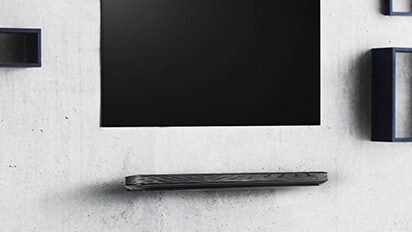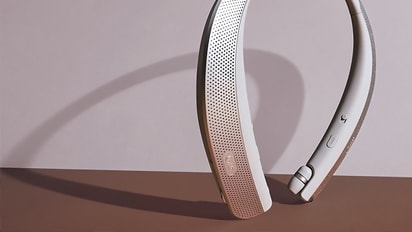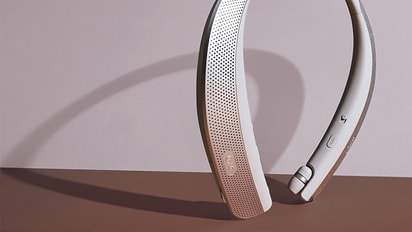Use a USB cable to transfer music, pictures, and other files from your device to a computer and vice versa. This connection uses the MTP protocol, which is supported by most recent versions of Windows, but not by Mac OS X. For file transfer to Mac OS X, you use the free Android File Transfer application.
Note: Some Settings, Menus, or Icons may differ from that of your device depending on your software version and wireless service provider.
-
Unlock your device and connect to a PC using a USB cable (you may use the cable attached to your LG charger). Once connected, you may be prompted on your phone to select a USB connection type, select Media sync (MTP) or File Transfer.
Note: You may be prompted to install drivers after connecting to your PC, these drivers are not needed for transferring files (drivers are used for connecting your phone as a modem). You can cancel the installation. If using a Mac go to www.android.com/filetransfer to download the correct software.
-
On the computer, open My Computer or My Drive and open your device from the drives listed.
-
Why can't I see any files?
Are you able to view your connected device, but are unable to view or interact with your files?

-
Make sure your device is unlocked, you may need to enter your PIN, Code or Fingerprint.
-
Re-Select MTP/File Transfer. Some devices, after being connected for the first time, require you to re-select MTP/File Transfer and may continue to default to Charge Only after reconnecting.
-
Check that your computer has installed all drivers. The first time your computer is connected to your device, default MTP drivers may need to be installed. If these drivers are taking a long time you may need to select Skip obtaining driver software from Windows Update.

-
-
Open Internal Storage > Pictures or DCIM > Camera, then highlight the files you want to copy.
-
Drag the files you have selected to a location on the computer to save a copy.
-
Why won't my computer install drivers?
The first time your computer is connected to your device, default MTP drivers may need to be installed. If these drivers are taking a long time you may need to select Skip obtaining driver software from Windows Update.

-
Is your device charging?
If you phone is connected to your computer, regardless if it is recognized or not it should be charging. If it is not charging try another USB port or try a different cable.
Even if your device is charging your cable may not transmit data. Some third party cables may lack the ability to transfer data (example: cables bought at convenience stores).
-
Do you need a driver?
-
Is your device visible but you still can't transfer files?
You may need to change the MTP drivers on your computer.
-
Click the Start button, type device manager in the search box, then click Device Manager.
-
Under Portable Devices locate your mobile device, then right click and select Update Driver Software.
-
Select Browse my computer for driver software > Let me pick from a list of device drivers on my computer, then select MTP USB Device > Next. Click Close to complete, you may need to disconnect your mobile device, restart your computer, then reconnect your mobile device.
-

Yianni is a Mobile communications expert and author of this help library article. Please leave him feedback below about the page.












